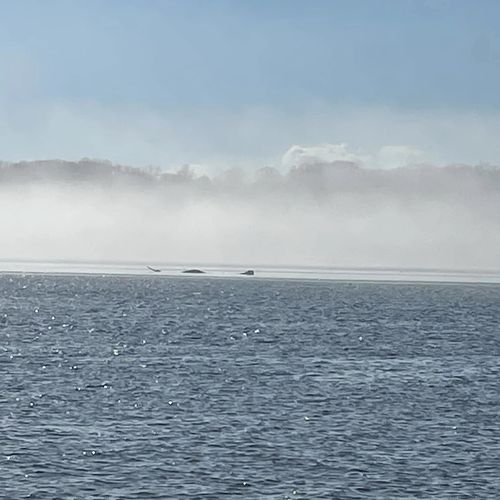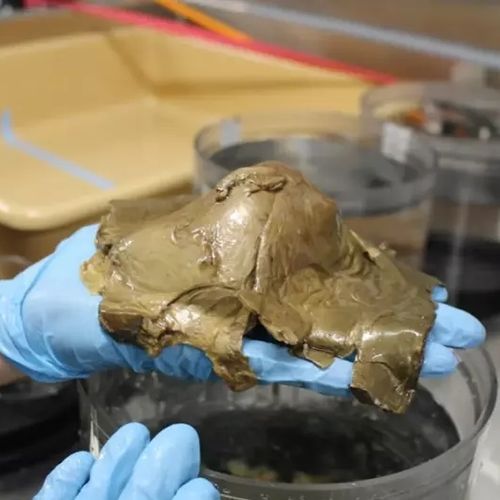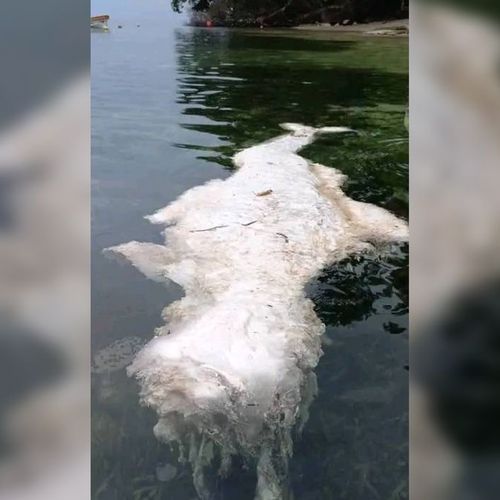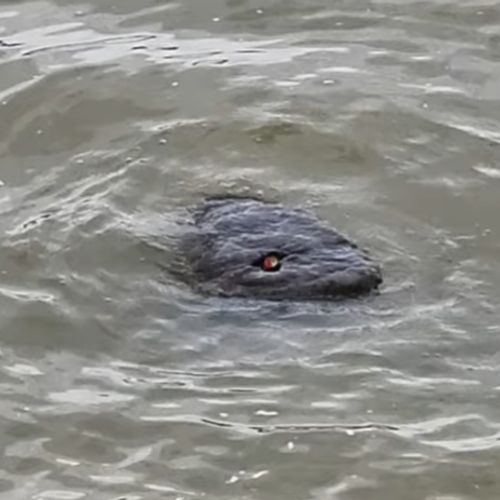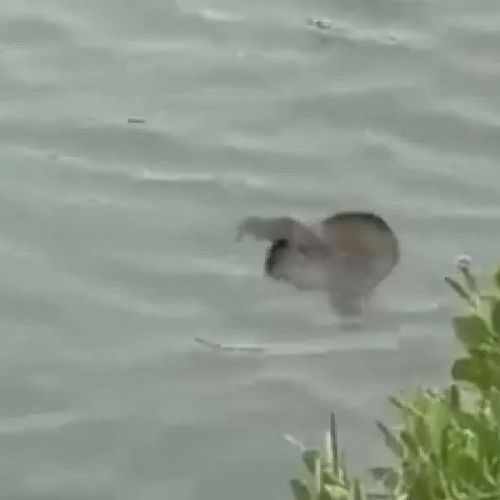| ID | #1701863781 |
| Added | Wed, 06/12/2023 |
| Author | July N. |
| Sources | |
| Phenomena | |
| Status | Hypothesis
|
Initial data
In March 1994, about 20 people witnessed a strange creature swimming, diving and surrounding their vessels [...]. In the vastness of the ocean, these fishermen saw the Joselito.
Three crew members of the Paco Ventura trawler were the first to dare to publicly talk about a strange animal in the vicinity of Arenas Verdes, 5 or 6 miles from the coast. After Carlos Mino, his son Fabian and Juan Iniguez broke their silence, the testimonies of other experienced fishermen, men who had also previously encountered an unknown sea creature, became public.
The piety of most fishermen is known, and since the phenomenon of this creature occurred on Saturday, March 19, it was "christened" Joselito in honor of St. Joseph, whose day was celebrated then. Later, this name was fixed in the regional and national press, although its exact nature has not been determined.
Carlos, Fabian Mignot and Juan Iniguez saw it just a few meters from the ship and agreed that it was a peaceful animal. He never once tried to attack them–in fact, you could say that he ignored them. They couldn't see the whole thing, even though it seemed very big. Only part of his back was visible, with staggered fins like a dinosaur's.
Antonio Dato, the captain of the ship "A esta si la esperaba", made radio contact with Carlos Mino a few minutes after the appearance of the strange animal. To emphasize their observation, Dato and fisherman Fernando Bertoya noted that when they pulled out the nets, everyone on board saw a "black thing" about 10-12 meters from the Paco Ventura.
True or not, the fact remains that Joselito's story is ingrained in everyone's mind, and there are those who believe that he continues to play in the waters of the ocean, while others insist that it was a giant leatherback turtle caught from the sea in May 1995, which was then subjected to a thorough taxidermy processing. It is currently on display at the Necochea Museum of Natural Sciences.
Original news
Source: Diario “Ecos Diarios” de Necochea (Arg)
Date: August 10, 2007
Argentina: Joselito The Sea Serpent (2007)
The two meter long specimen was seen in the vicinity of Bahia de los Vientos.
Fishermen witnessed something equally odd 13 years ago.
Was it a leatherback turtle (tortuga laud, Dermochelys coriacea) that was seen hours ago in the ocean facing Quequén around Bahia de los Vientos, or was it the enigmatic “Joselito”, the bizarre creature seen 13 years ago by Necochean fishermen?
Skeptics with little time for sea-monster yarns will insist that it was merely a leatherback turtle, of the kind that every so often make their way to our shores. However, there will always be doubt on the part of those who fantasize about the manifestations of a bizarre creature in our waters.
The creature received its name after it was first seen in the summer of 1994. Its presence was noted by men with many years of sea experience under their belts, such as Carlos Mino, his son Fabian, Juan Iniguez or Antonio Dato. From their fishing vessels, some 20 men reported seeing “an unknown marine entity” at close distance, giving rise to the legend of “Joselito”. The strange creature was also seen on other occasions.
The leatherback turtle, an endangered species, reappeared in Malaysian waters in 2003 when 14 specimens were reported after not being seen for a year.
A specimen of this species is kept in the Jose Squadrone Natural Sciences Museum of Necochea. The leatherback (tortuga laúd or siete quillas, in Spanish) is the most widely distributed type of turtle in the world’s oceans from subartic regions to the tropics. It is also the largest living turtle – in its adult phase, the females average 500 kgs but cases of up to 900 kgs have been reported. Body size varies as a factor of region: Pacific specimens are smaller than the Atlantic ones, which can measure 2 ½ meters long, practically the size reported from Quequén only hours ago.
However, in March 1994, some 20 men witnessed a strange creature swimming, diving and encircling their vessels [...]. In the immensity of the ocean, these fishermen were treated to the sight of “Joselito”.
Three crewmen of the “Paco Ventura” trawler were the first to dare speak publicly about the strange animal in the vicinity of Arenas Verdes, 5 or 6 miles offshore. After Carlos Mino, his son Fabian and Juan Iniguez broke their silence, the eyewitness accounts of other experienced fishermen became public, men who had run into the unknown marine creature earlier as well.
The piety of most fishermen is well-known, and since the manifestation of this creature took place on Saturday, March 19th, it was “christened” Joselito in honor of St. Joseph, whose day it is. The name went on to be enshrined in the regional and national press, even though its exact nature was never determined.
Carlos and Fabián Miño and Juan Iniguez saw it only a few meters from the craft, and agreed that it appeared to be a peaceful beast. At no time did it attempt to attack them – in fact, it could be said that it ignored them. They couldn’t see it entirely, although it appeared to be very large. It only displayed part of its back, with staggered fins like a dinosaur.
Antonio Dato, master of the “A esta si la esperaba” vessel, was in radio contact with Carlos Mino minutes after the strange animal appeared. To underscore their sighting, Dato and fisherman Fernando Bertoia remarked that as they pulled up their nets, everyone aboard saw a “black thing” some 10-12 meters from the “Paco Ventura”. Truth or fantasy, the fact remains that the story of Joselito became ingrained in everyone’s mind and there are those who believes that he remains at play in the ocean’s waters, while other insist that it was a giant leatherback turtle, fished out of the sea in May 1995 and subjected to a careful taxidermic process. It is currently exhibited in the Necochea Natural Sciences Museum.
(Translation (c) 2007 S. Corrales, IHU. Special thanks to Guillermo Gimenez, Planeta UFO)
Hypotheses
Famous creatures

There are a huge number of different living organisms on our planet. According to recent estimates, the number of species of organisms on our planet is approximately 7-10 million. However, only 15% of the data are described today.
According to the calculations of Canadians, 2.2 million species live in the world's oceans, 6.5 million on land. There are only about 7.8 million species of animals on the planet, 611 thousand fungi, and 300 thousand plants.
Investigation
Resume
Similar facts
Log in or register to post comments
